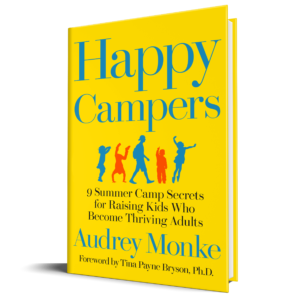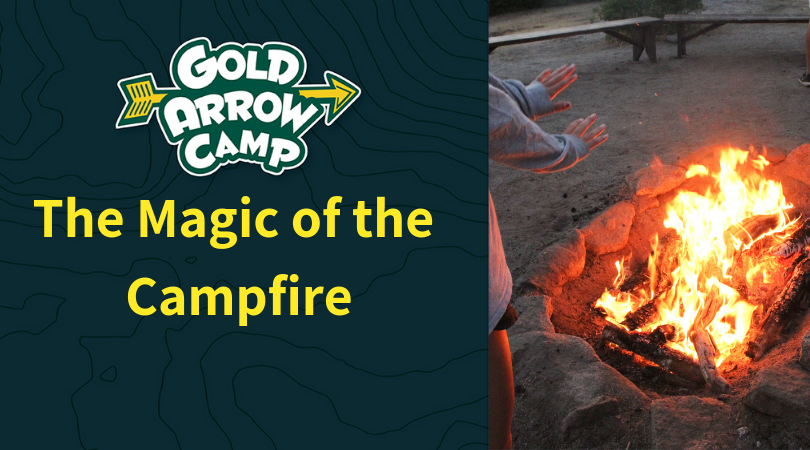
The Magic of The Campfire
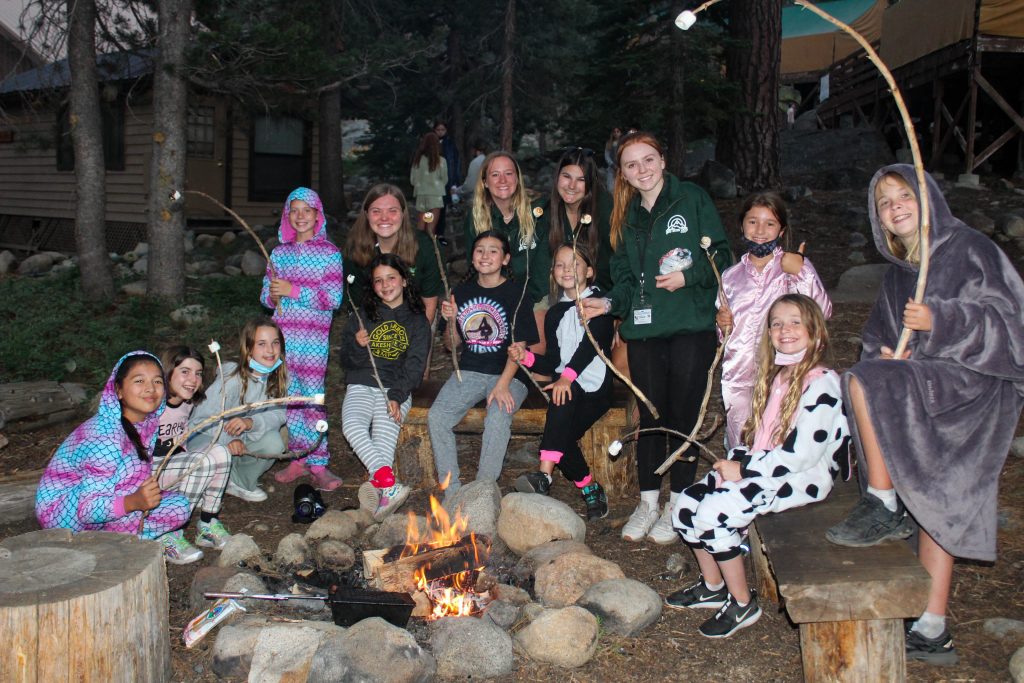
by Andy “Soy” Moeschberger
My single favorite time of day at camp is campfire. Every night each of our 31 cabins has its own campfire unless the cabin is at a social (a campfire with another cabin) or our dance. Why do I love this time of day so much? In part because I love the smell of woodsmoke. In part because it means the day is winding down and I’ll be in bed within the next 3 hours. But mostly because of the magic.
What could be so magical about a campfire? Some logs, some pine needles, a match, and some popcorn. That’s simple and fun, but it isn’t magic.
I beg to differ. I think that the time spent around a campfire is magic. It’s transformational and powerful in the way that nothing else I have experienced in my life is. When a group of 10 friends is gathered around the flickering flames under a blanket of stars they can and will share truths that are more lasting and meaningful than if they were in a game room or around a dining room table.
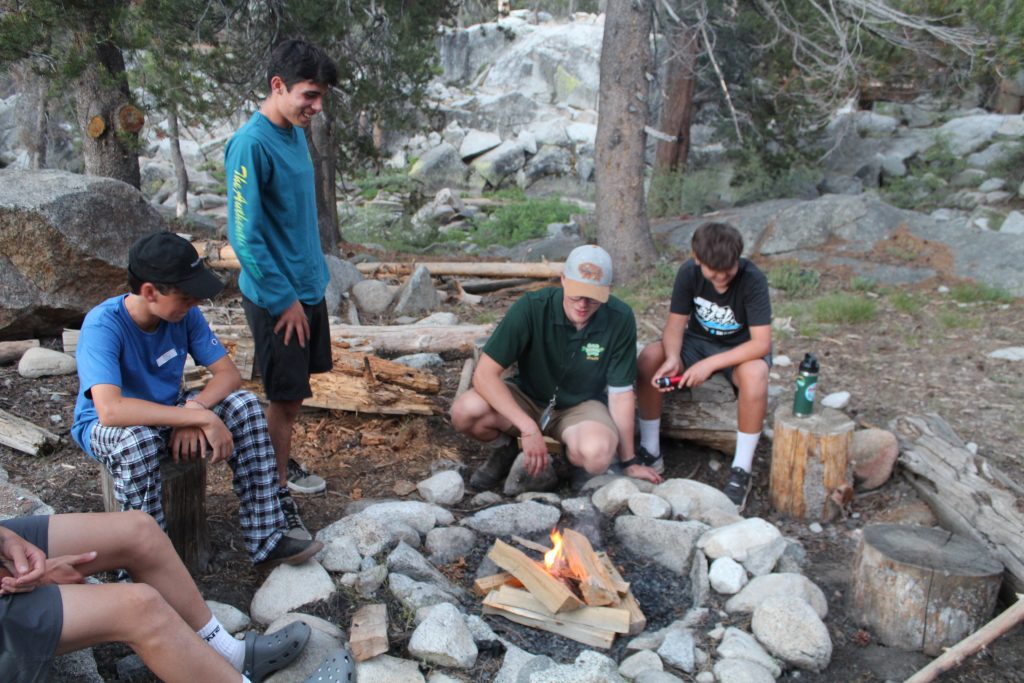
But why? What is it about the campfire that makes this possible? Well, maybe it isn’t magic. Maybe it’s science. According to a study from the University of Alabama, adults who were exposed to a “fire with sound condition” (a video of a fire with the sound turned on) showed lower blood pressure and increased “prosocial” behaviors (such as smiling, making eye contact and engaging in conversation). And that was a VIDEO of a campfire with an adult by themselves! The authors hypothesize that this is an evolutionary development. They believe that for ancient humans the fire provided warmth and a way to cook, and also signaled the safety of numbers. Our ancient forerunners knew that by being around the campfire they could relax. Even a millennium after we moved indoors, our minds still subconsciously know that a fire is a place where we are safe.
Children need this more than ever today. The pressures of the world increasingly weigh on young people. If they can have an opportunity to feel, like the cavemen of old, relaxed and safe, then they can begin to become their best selves. The campfire is a natural way to do that. As I tell our graduating campers at their Paddle Ceremony, the most meaningful moments of their camp careers probably occurred around a campfire.
Many camps have only occasional campfires, or “flashlight” fires. While there are benefits to that, we know the nightly practice of an actual campfire is important. Our counselors are trained specifically on campfires. The training is far more than how to stack the logs and what the ideal marshmallow looks like. Indeed, they practice in our training how to lead a meaningful discussion around the fire. They lead campers in sharing their highs and lows of the day. They help to facilitate discussions about real life topics that campers are interested in or struggling with.
On our last night of camp, we gather for an all-camp campfire that we call Appreciation Campfire. There are songs and stories and skits. Off to the side of our amphitheater (which we call Big Campfire!), there is a campfire pit, where the logs crackle away merrily. As the night winds down, the flames grow lower and lower. At the end of the night, counselors share their appreciation for their cabins by candlelight as the last embers of the campfire glow.
That’s just a last tiny piece of magic before we go home.
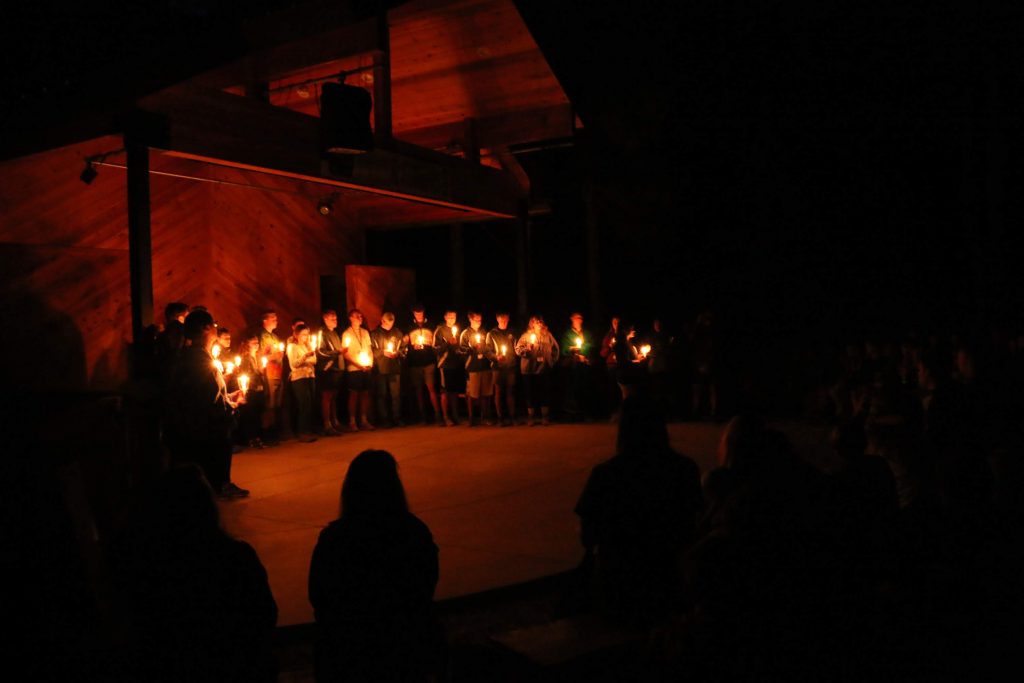


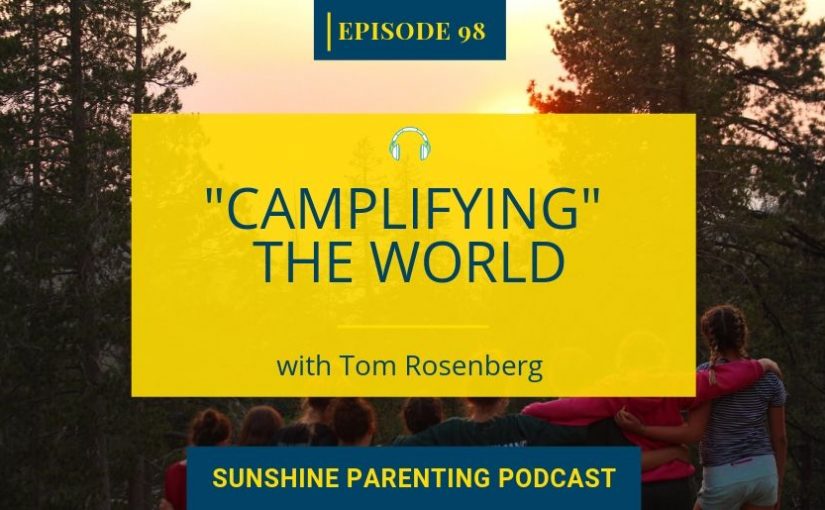
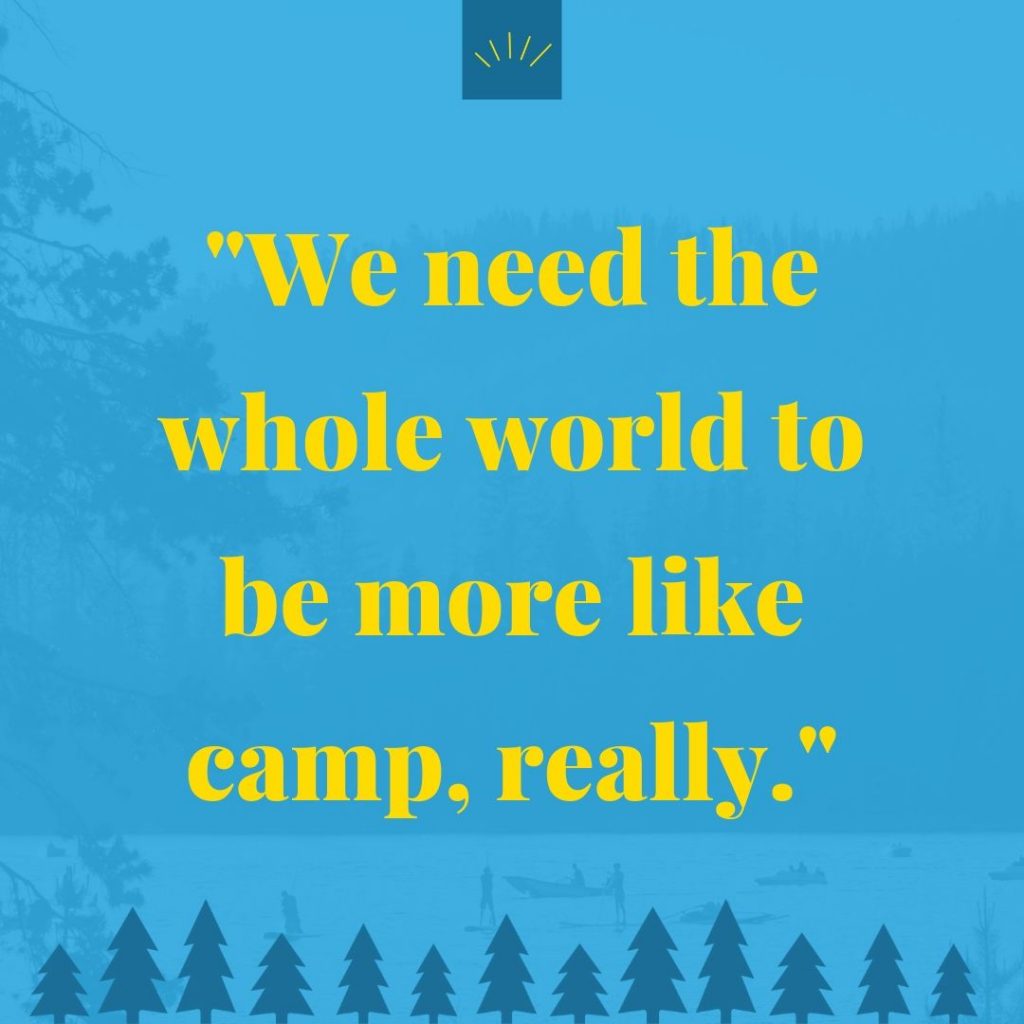
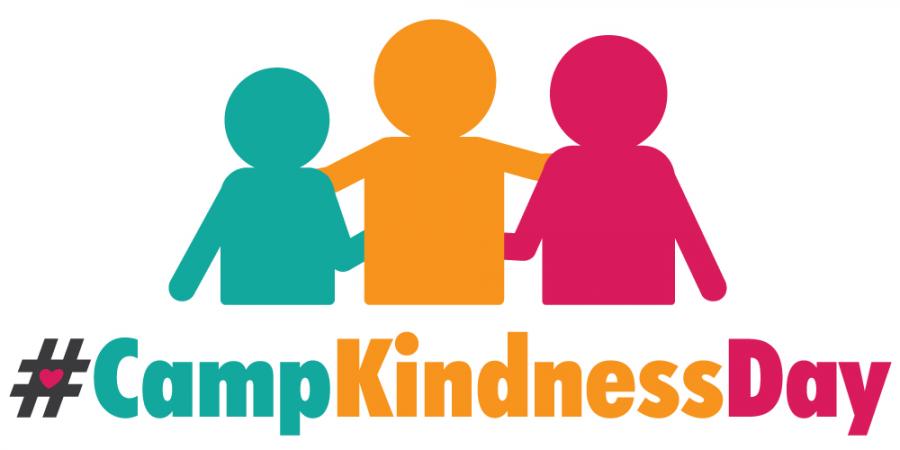
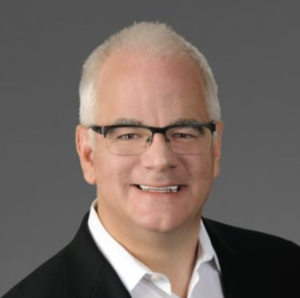 Tom Rosenberg has a distinguished career in the camp profession and a long resume of service to ACA. He most recently served as the executive director of Camp Judaea in Hendersonville, North Carolina. Prior to Camp Judaea, Tom spent more than two decades with Blue Star Camps in North Carolina, most of those years as a director. Tom is a past national treasurer and board member of the ACA as well as a past board president and treasurer of ACA Southeastern. A founding board member of the North Carolina Youth Camp Association, Tom was awarded the Henderson County Chamber of Commerce’s inaugural Camp Industry Leadership Award as well as the American Camp Association’s National Honor Award and ACA Southeastern’s Distinguished Service Award.
Tom Rosenberg has a distinguished career in the camp profession and a long resume of service to ACA. He most recently served as the executive director of Camp Judaea in Hendersonville, North Carolina. Prior to Camp Judaea, Tom spent more than two decades with Blue Star Camps in North Carolina, most of those years as a director. Tom is a past national treasurer and board member of the ACA as well as a past board president and treasurer of ACA Southeastern. A founding board member of the North Carolina Youth Camp Association, Tom was awarded the Henderson County Chamber of Commerce’s inaugural Camp Industry Leadership Award as well as the American Camp Association’s National Honor Award and ACA Southeastern’s Distinguished Service Award.